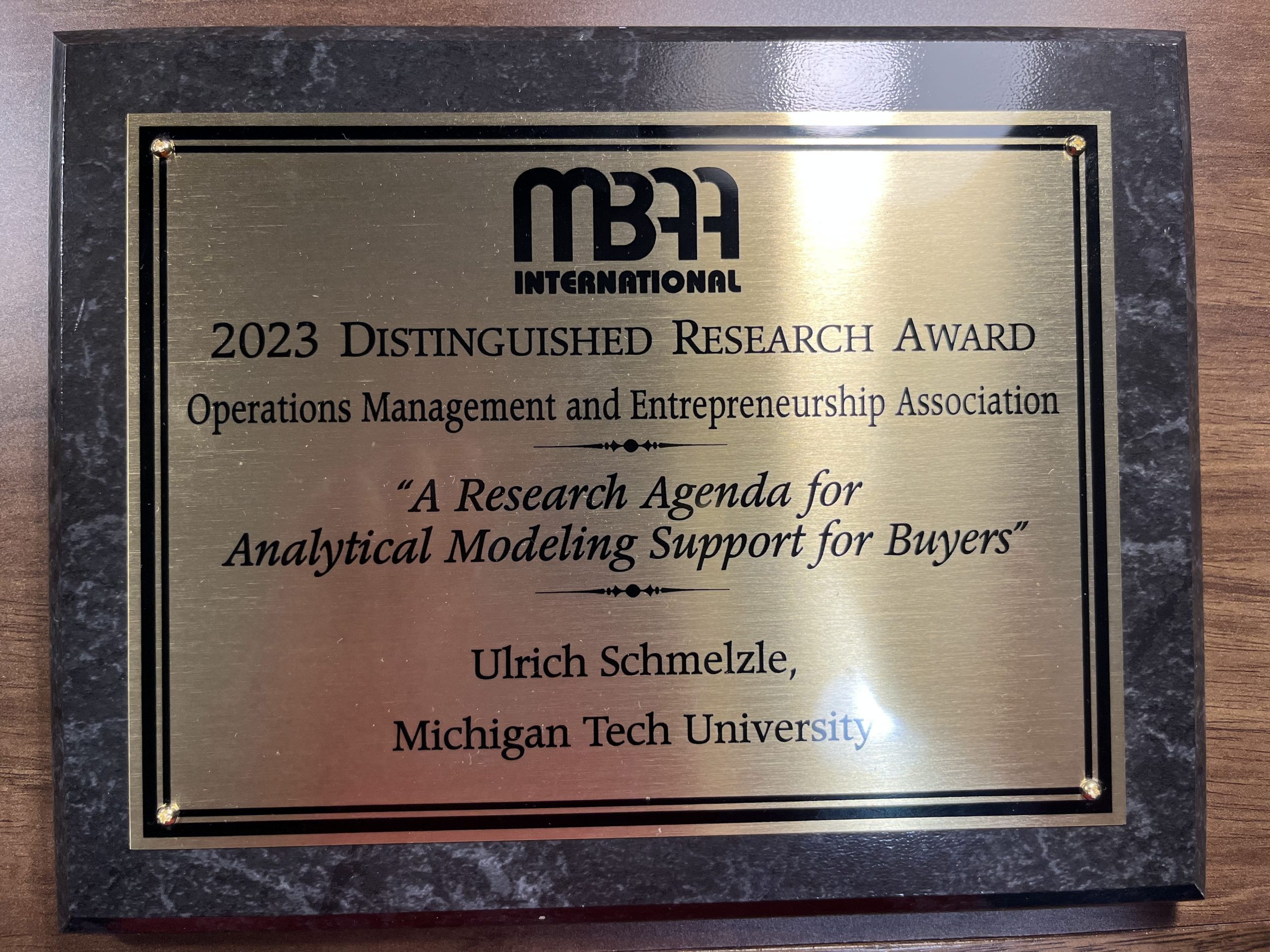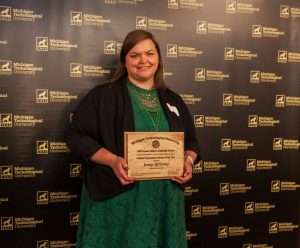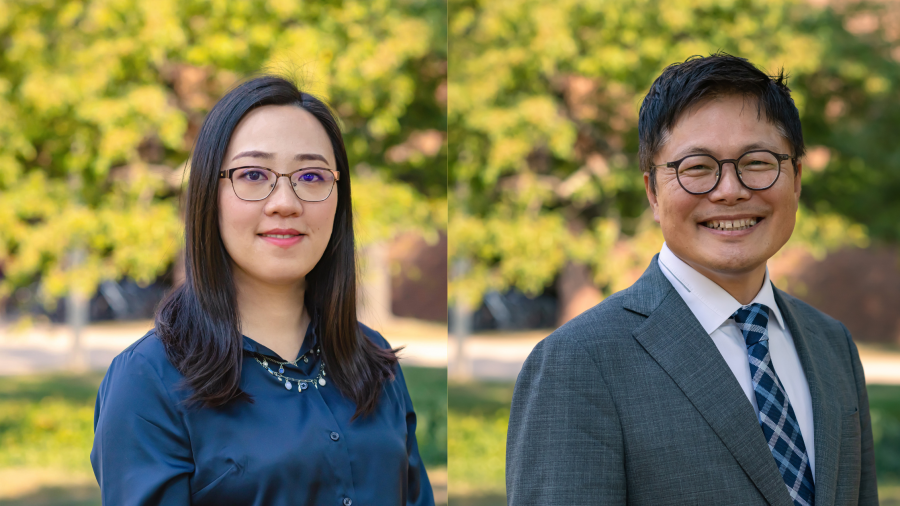
Elham (Ellie) Asgari, the Charles C. and John G. Gates Professor in Entrepreneurship and Innovation, is at the leading edge of entrepreneurship research, studying the formula of success in this high-stakes sector of business. Last month, Dr. Asgari was selected as a recipient of the Jackson Center for Teaching and Learning Instructional Award for Innovative or Out-of-Class Teaching. Asgari’s selection was based on her innovative teaching strategies, including use of crowdfunding campaigns to help Huskies gauge startup interest, and working with students individually to help them prepare for regional and global investment pitches. During the 2022-23 academic year, Michigan Tech student teams collected $67,000 in pitch prize money.





